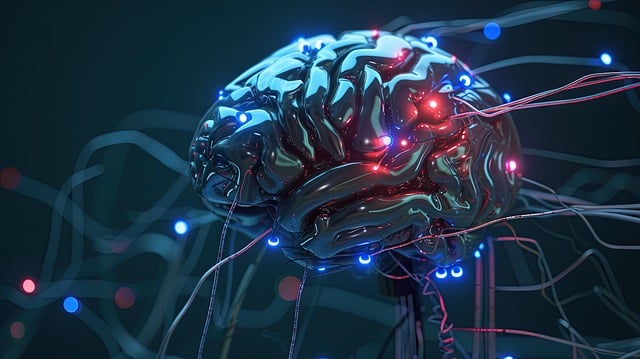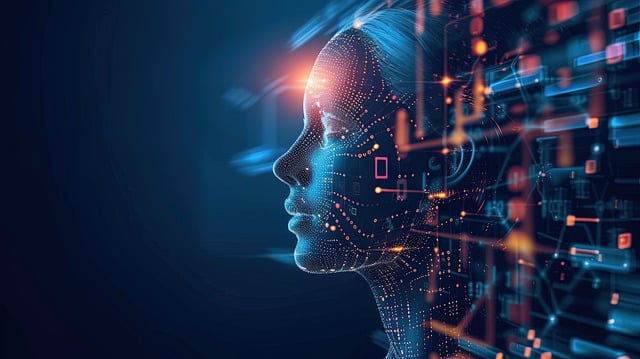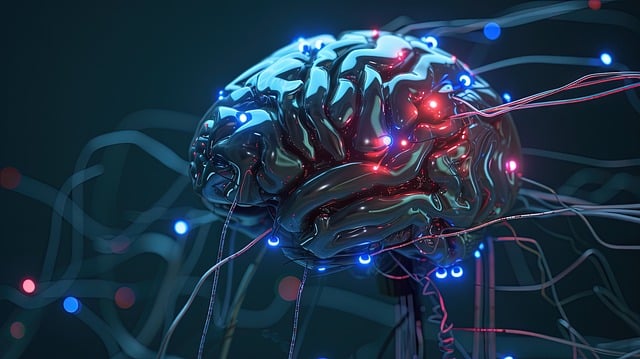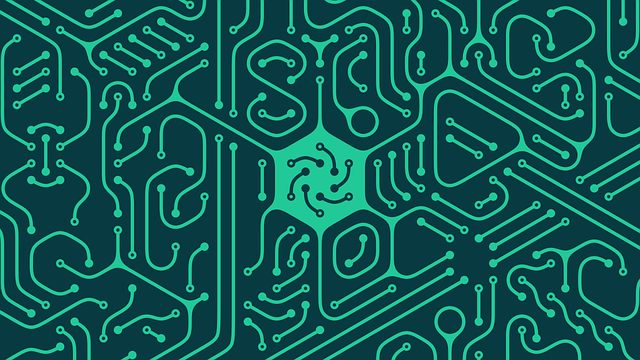The integration of machine learning in healthcare is transforming the industry, making diagnosis and treatment more accurate and efficient. With applications ranging from AI in medical imaging and disease detection to predictive analytics in healthcare and treatment optimization, machine learning is proving to be a game-changer. From personalized medicine and chronic disease management to healthcare analytics and drug discovery, this technology is reshaping how we approach medical challenges. Additionally, ethical considerations and AI-powered health monitoring tools are ensuring that advancements align with patient care standards.
AI in Medical Diagnosis
Machine learning in medical diagnosis has enabled doctors to identify diseases with higher precision. For example, AI-powered tools can analyze medical imaging, such as X-rays and MRIs, to detect anomalies that might be overlooked by the human eye.
One significant advantage of machine learning algorithms is their ability to learn and improve with each diagnosis. They analyze vast datasets, comparing current patient data with historical cases to predict possible outcomes. This not only enhances accuracy but also speeds up the diagnosis process.
Another area where AI excels is early detection of conditions like cancer, heart disease, and diabetes. By analyzing patterns and trends in patient data, machine learning algorithms can identify early warning signs, allowing for timely intervention and better patient outcomes.
Machine Learning for Personalized Medicine
Personalized medicine is one of the most exciting applications of machine learning in healthcare. By tailoring treatment plans to an individual’s unique genetic makeup, lifestyle, and health history, personalized medicine improves the effectiveness of treatments and reduces potential side effects.
Machine learning algorithms play a crucial role in this process by analyzing genomic data and identifying which treatments are most likely to be effective for a specific patient. For instance, cancer therapies can now be designed to target specific mutations in a patient’s DNA.
Additionally, machine learning facilitates the development of predictive models that anticipate how a patient might respond to a particular medication or therapy. This proactive approach ensures that patients receive the best possible care, minimizing trial-and-error methods.
Predictive Analytics in Healthcare
Predictive analytics is another game-changing application of machine learning in healthcare. By analyzing historical data and identifying trends, predictive models help healthcare providers anticipate and address potential challenges.
Hospitals and clinics use predictive analytics to forecast patient admission rates, enabling them to allocate resources effectively. For example, during flu season, predictive models can estimate the number of patients likely to visit emergency rooms, helping staff prepare in advance.
These tools also assist in identifying high-risk patients who might require more intensive care or monitoring. For instance, machine learning algorithms can analyze electronic health records (EHRs) to pinpoint individuals at risk of complications, ensuring timely interventions and reducing healthcare costs.
AI in Medical Imaging
Medical imaging has seen tremendous advancements thanks to machine learning. Algorithms can now analyze images with remarkable accuracy, identifying abnormalities in X-rays, CT scans, MRIs, and more.
One notable application is in radiology, where AI systems assist radiologists in interpreting images more quickly and accurately. These tools not only reduce diagnostic errors but also save valuable time, especially in emergency cases.
AI in medical imaging is also playing a crucial role in rare disease detection. Machine learning models trained on large datasets can identify patterns that might be too subtle for human experts to detect, leading to earlier diagnoses and better patient outcomes.
Machine Learning in Chronic Disease Management
Chronic diseases like diabetes, hypertension, and COPD require continuous monitoring and management. Machine learning tools provide personalized insights, helping patients manage their conditions more effectively.
Wearable devices integrated with AI technology track vital signs and alert users to potential issues. For example, smartwatches can monitor heart rates and notify patients of irregularities that may require medical attention.
In addition, machine learning algorithms analyze patient data to predict disease progression. This allows doctors to adjust treatment plans proactively, improving the quality of care and reducing the risk of complications.
Machine Learning for Drug Discovery
Drug discovery is a complex, time-consuming, and expensive process. Machine learning is revolutionizing this field by accelerating research and identifying potential drug candidates more efficiently.
AI algorithms analyze molecular data to predict which compounds are most likely to interact effectively with specific biological targets. This reduces the time spent on trial-and-error testing in laboratories.
Furthermore, machine learning models can simulate how a drug might behave in the human body, helping researchers identify side effects and optimize formulations before clinical trials begin. This not only speeds up development but also lowers the overall cost of bringing new treatments to market.
Ethics of AI in Healthcare
While machine learning offers immense benefits, it also raises important ethical considerations. Issues like data privacy, algorithmic bias, and the potential for misuse of AI tools need to be addressed to ensure patient trust and safety.
For instance, algorithms trained on biased datasets might produce skewed results, disproportionately affecting certain populations. Ensuring diversity in training data and transparency in AI processes is crucial to mitigate this risk.
Moreover, data security is a significant concern. Healthcare providers must implement robust measures to protect sensitive patient information from breaches and unauthorized access.
Conclusion
Machine learning in healthcare is undeniably revolutionizing diagnosis and treatment, offering unprecedented accuracy, efficiency, and personalization. From AI-powered medical imaging and disease detection to predictive analytics and personalized medicine, these advancements are setting new standards for patient care. While challenges such as ethical considerations and data security remain, the potential benefits of machine learning in healthcare far outweigh the risks, promising a brighter and healthier future for all.






